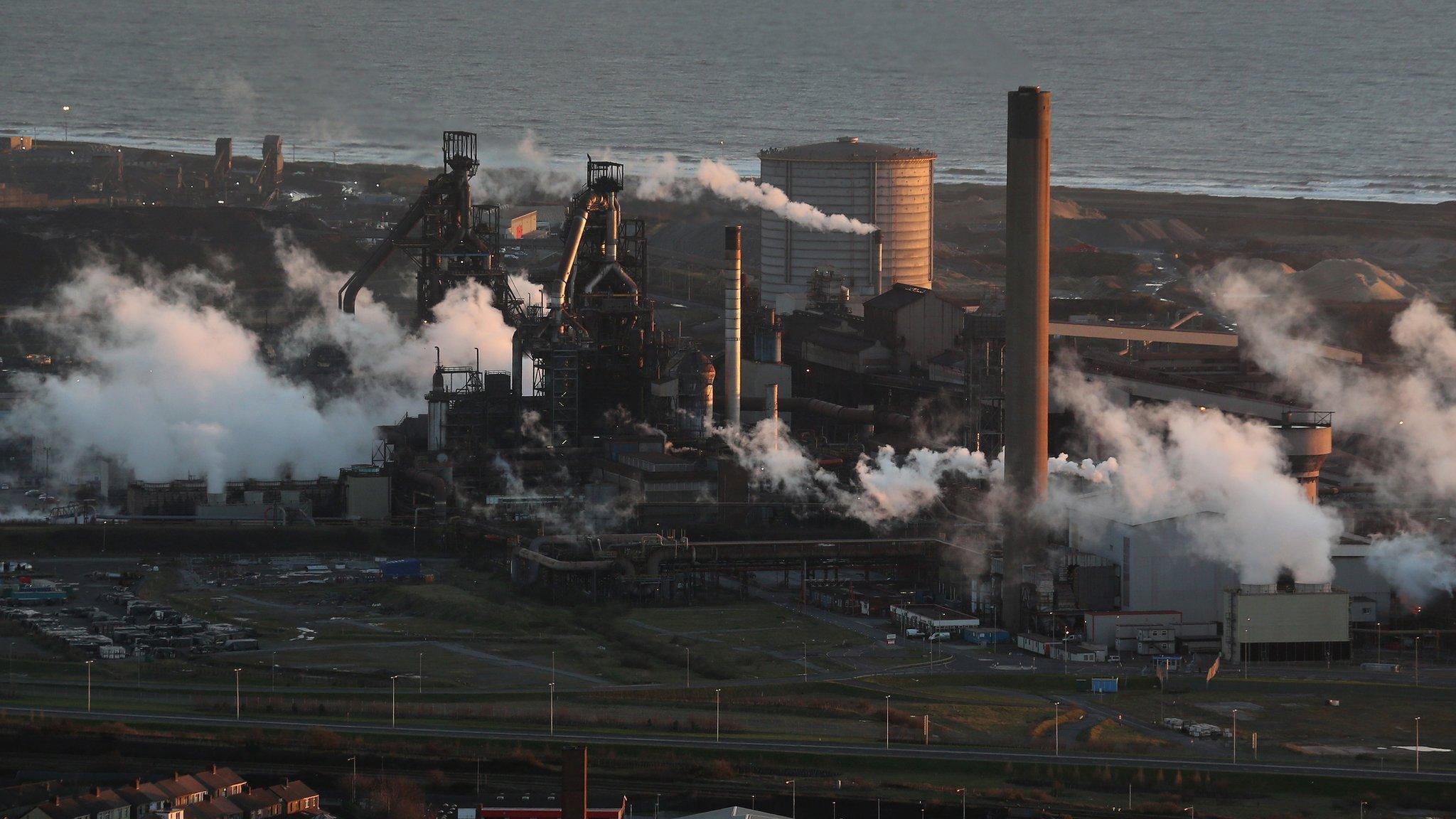Tata deadline for steel bidders, with seven in the running
- Published
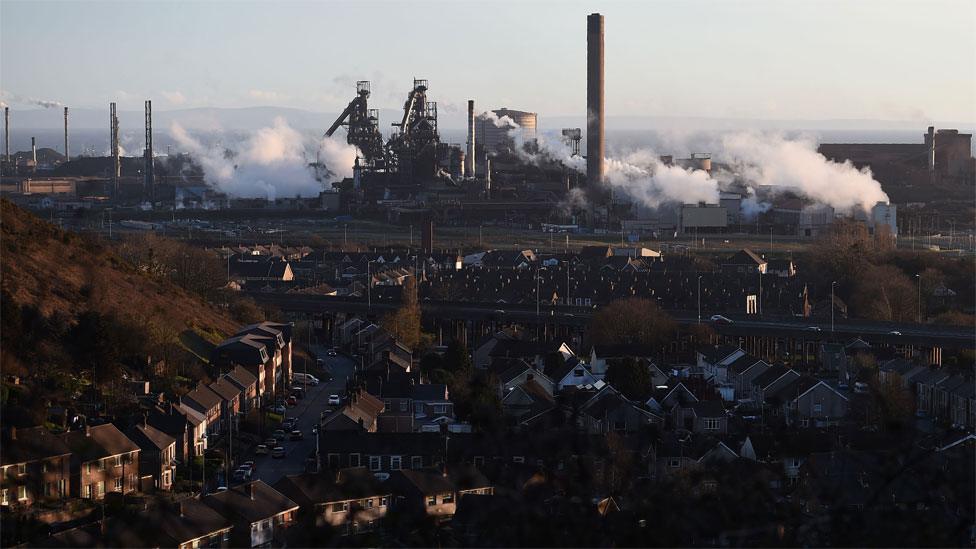
Port Talbot is the UK's biggest steel plant, employing 4,000 workers
Tata in India is expected to decide this week which bidders will go forward in the sale process for its UK steel operations.
Monday is the deadline for interested parties' bids and between one and three companies are expected to go forward to the next stage.
Tata is aiming for the end of June to complete the sale.
It has already confirmed seven bidders for the steel plants and businesses, involving more than 11,000 jobs.
It comes after it emerged that two of the bidders have said they are willing to work together,
Liberty House and the management buyout group, Excalibur Steel, will submit separate bids for Tata UK, the BBC understands.
However, they plan to state in the bid documents that they are willing to work in partnership on a takeover.
Only bidders that are willing to buy the whole of Tata's UK operations, including the loss-making Port Talbot steelworks, have reached the current point in the sale process.
UK Business Secretary Sajid Javid will be meeting Tata bosses in Mumbai and the crucial issue of the £485m deficit in Tata Steel's pension fund is expected to be on the agenda, amid reports potential buyers are balking at taking on the deficit., external
The parties involved have had to sign a non-disclosure agreement as part of the process of reviewing Tata's business so much of the detail of those involved remains unclear.
Two companies declared themselves publicly before that process began, while there has been speculation about who the others are.
So who is reported to be interested - and what will they bring to the table?

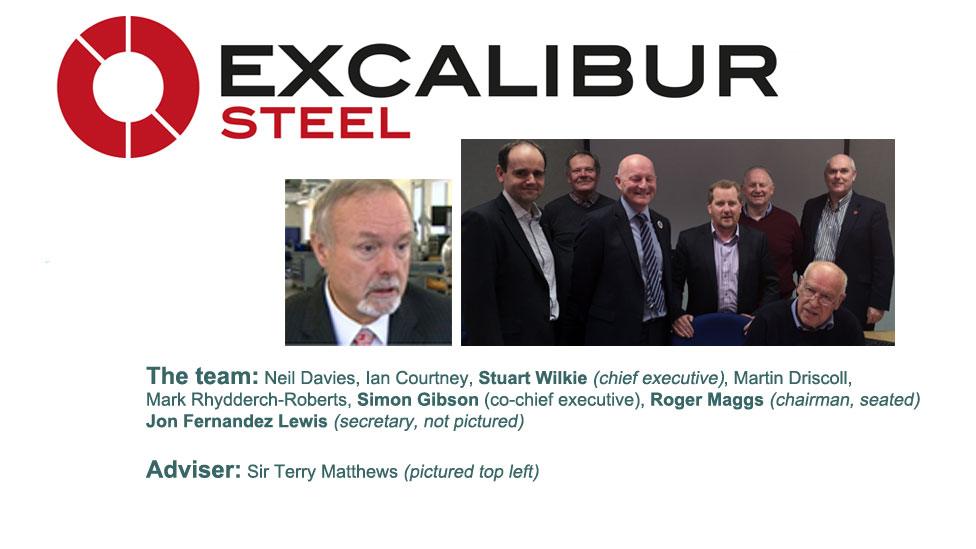
Excalibur
This is the management and worker buyout team led by the senior Tata director, Stuart Wilkie, who has taken leave from the company to organise the bid.
It has the backing of technology tycoon Sir Terry Matthews, his associate Simon Gibson and Roger Maggs, who has a long career in the steel industry. Its plan is to continue with the improvements that are already under way at Port Talbot in the belief that it will return to profit within 18 months.
Excalibur was set up in a rush as a reaction to Tata putting its operations up for sale. Its challenge is to get the significant financial backing it needs to progress in the process.

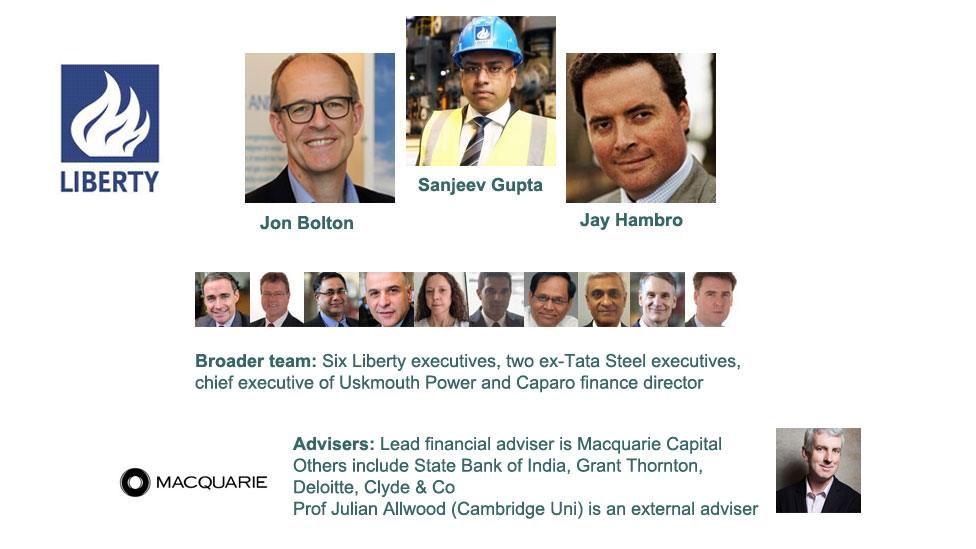
Liberty was the first company to express an interest and it has certainly made a name for itself during the process.
It has already taken over smaller struggling operations such as parts of Caparo and Tata's Scottish plants.
Executive chairman Sanjeev Gupta reopened the Liberty Steel plant in Newport in November after it had been mothballed. The Gupta family also has interests in the energy sector including Uskmouth power station.
Taking over Port Talbot is a much bigger step. Liberty has a global reach with headquarters in London, Dubai, and Singapore. It operates in the energy and financial markets too and has the resources to take over Port Talbot.
However, its plan will be to move away from producing steel from scratch in the blast furnaces to recycling it in arc furnaces. That would mean the end of primary steelmaking in the UK. Some feel such liquid steel production must be retained. But bear in mind the decision on who to sell to will be taken by Tata who might be less concerned about that issue.

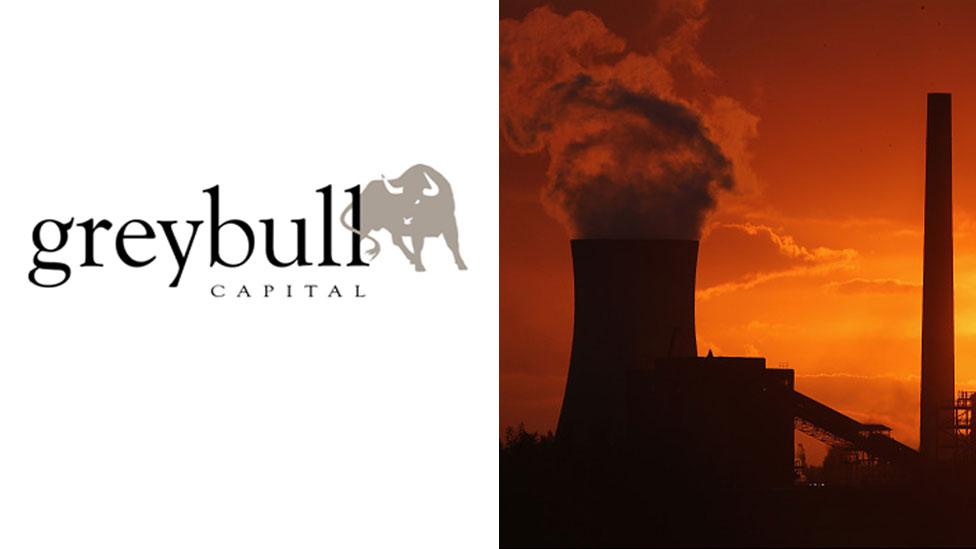
Recently bought Tata's Scunthorpe-based long products division. The London-based business turnaround specialist is headed by two families - brothers Marc and Nathaniel Meyohas and Richard Perlhagen. It rescued Monarch Airlines.
Port Talbot is on a much larger scale and Greybull had previously ruled out a bid. It is not a specialist steel company so has no particular expertise. Greybull had also bid for the Murco oil refinery in Milford Haven two years ago but pulled out of the deal at a late stage due to the challenges of the industry.

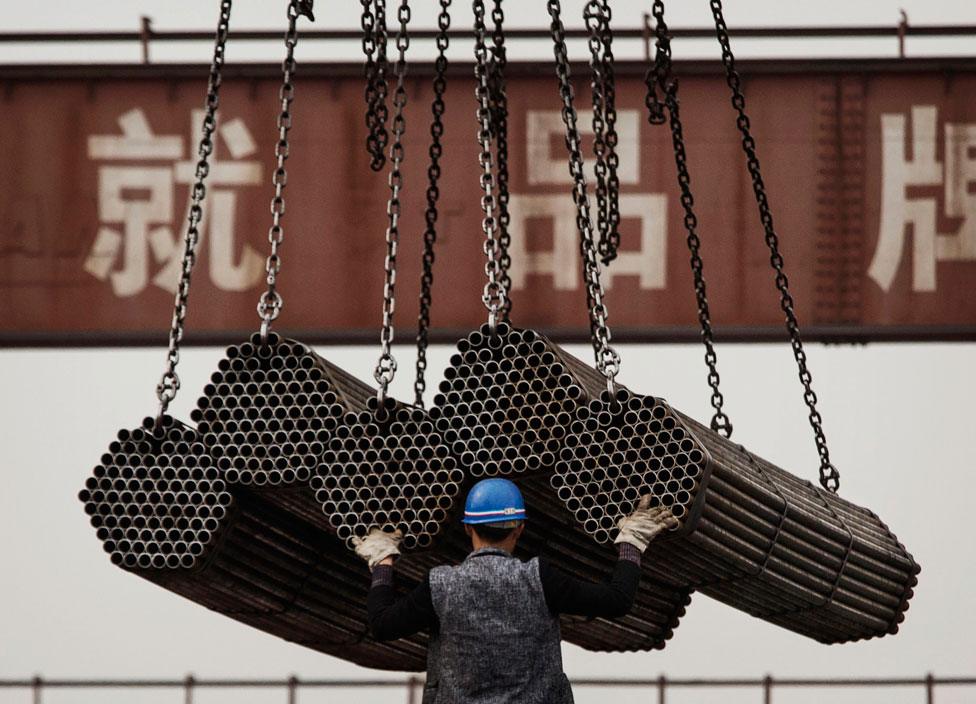
Hebei Iron and Steel Group, external
China's largest iron and steel company, founded in 2008, employing more than 120,000 workers and producing about 30m tonnes of steel a year.
It may seem strange to think that a Chinese company would be interested in Tata's UK operations given so many of the company's problems here are blamed on cheap Chinese steel imports.
It is obvious why Hebei would be interested in parts of the business such as the innovative products produced at Shotton. But of course Tata has made clear that it will not allow buyers to cherry-pick bits of the company. The question would be why would Hebei want to make steel at Port Talbot when it can do it much more cheaply at its Chinese sites? It would certainly be interested in Port Talbot's customer base and order book.

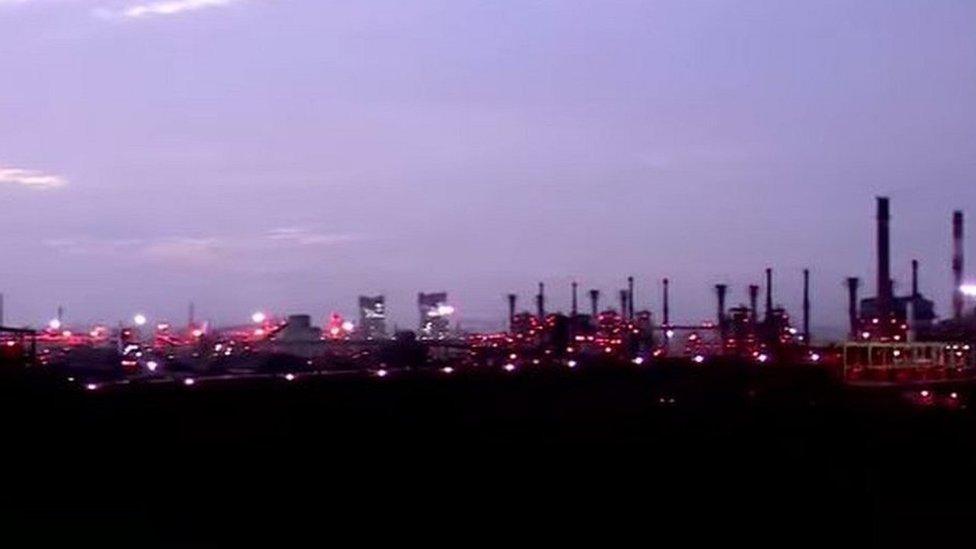
Indian steel company producing 14.3 million tonnes per annum but looking to expand, including setting up plants in new locations. JSW has six manufacturing plants across India. It also operates in the energy and cement industries. Much of Tata's UK business would compliment JSW. However, will Tata want to sell its operations to another Mumbai-based competitor?

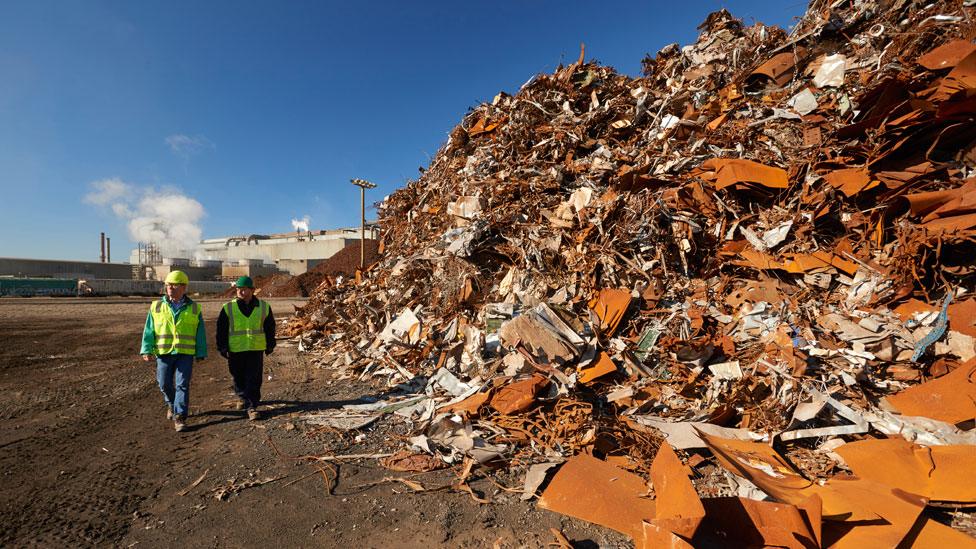
Nucor is America's biggest recycler of scrap into steel
Formed at the end of the 1960s in South Carolina, Nucor is North America's largest recycler - it recycled 16.9 million tons of scrap in 2015. It specialises in "mini-mills" - smaller scale production on one site - which many analysts believe is the future of the steel industry.
Nucor has been generating profits at a very difficult time when competitors have been struggling. We do not know the details of the bid but it might be assumed that it would involve Port Talbot becoming a recycling facility.

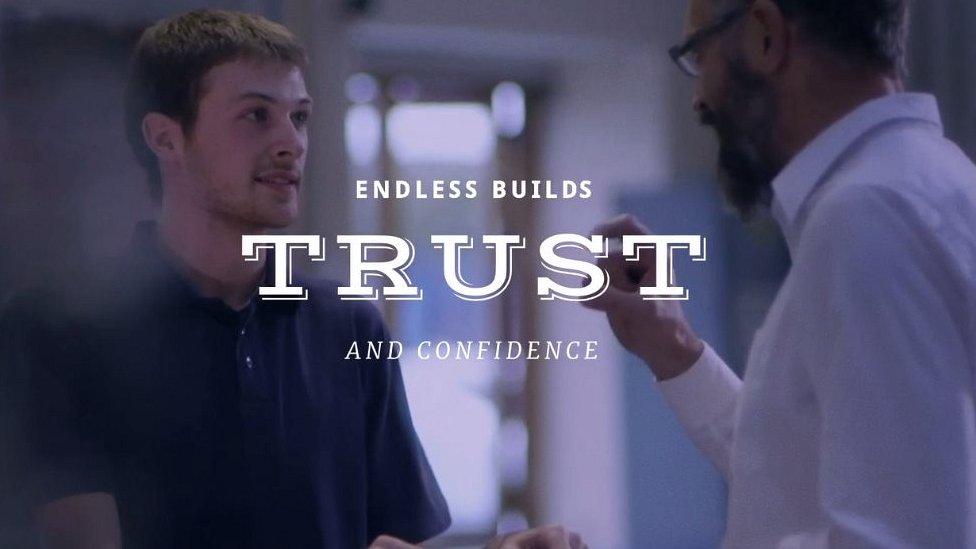
Endless claims it has immediate access of up to £80m for its investments
Leeds-based private equity firm and turnaround specialists. It said it focuses on UK businesses with a turnover between £10m and £1bn - has taken stakes in businesses ranging from steel to Cornish pasties. It turned around Crown Paints , externalbefore selling it on.

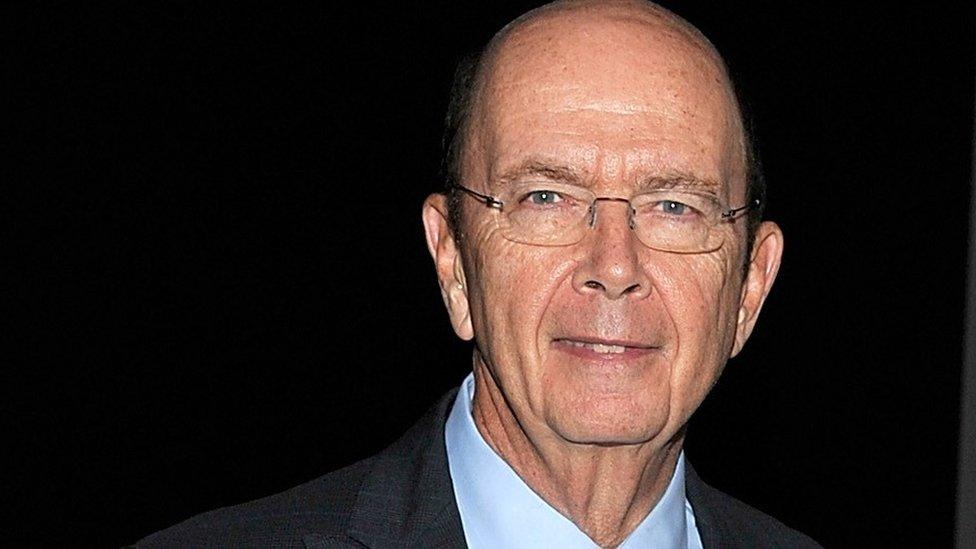
Wilbur Ross has been called 'the King of Bankruptcy'
Over the weekend it emerged , externalthat Wilbur Ross - US billionaire Wall Street investor and chairman of WL Ross & Co merchant bankers - could be another possible bidder.
He has been called a "vulture investor" and a "shark", although he prefers the comparisons to a phoenix or a porpoise. He was behind the sale of Northern Rock in 2011 and also took a share in the Bank of Ireland.
Back in the United States, Ross formed International Steel Group, taking on struggling plants, and later sold it to Mittal Steel to become the biggest steelmaker in the world. He is still a director of ArcelorMittal.
- Published22 May 2016
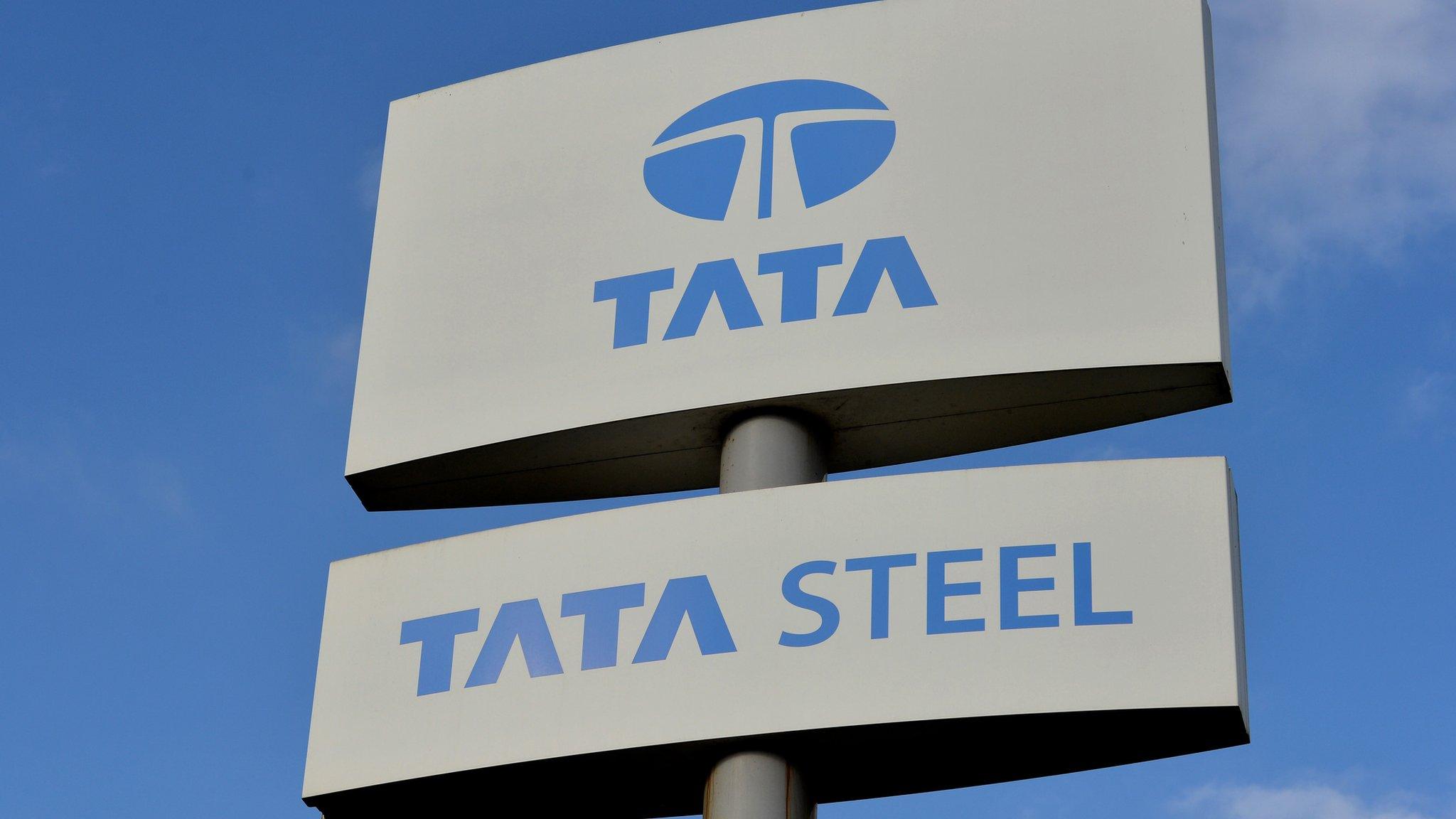
- Published9 May 2016
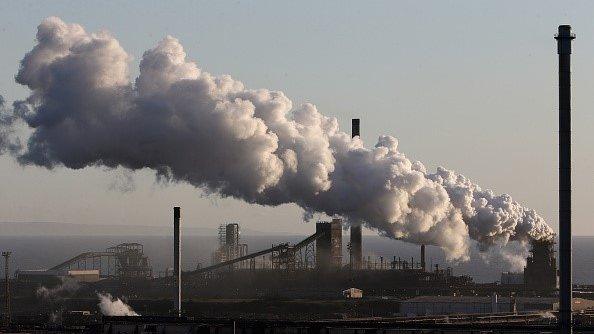
- Published14 May 2016
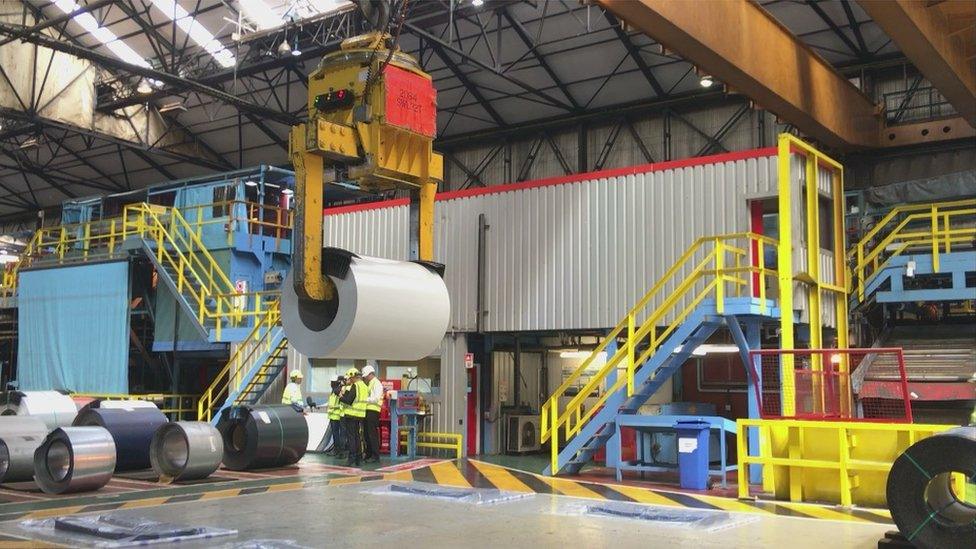
- Published9 May 2016
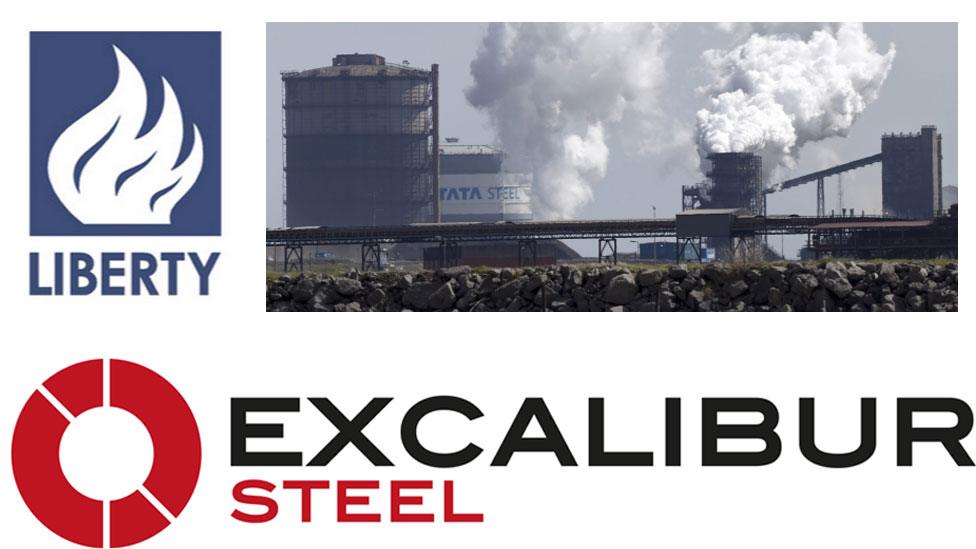
- Published4 April 2016
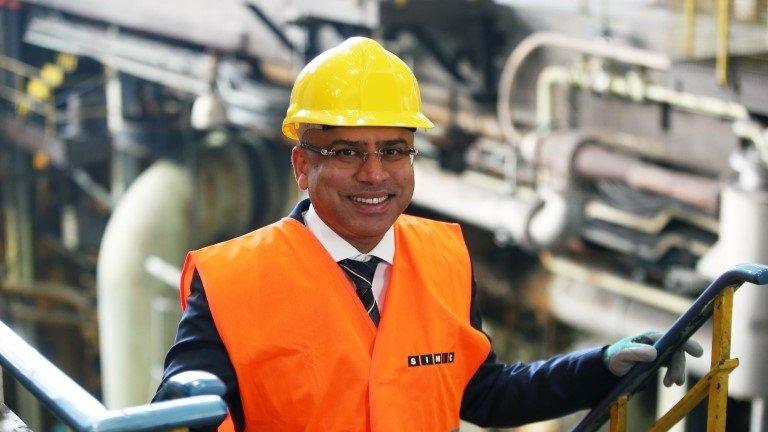
- Published31 March 2016
